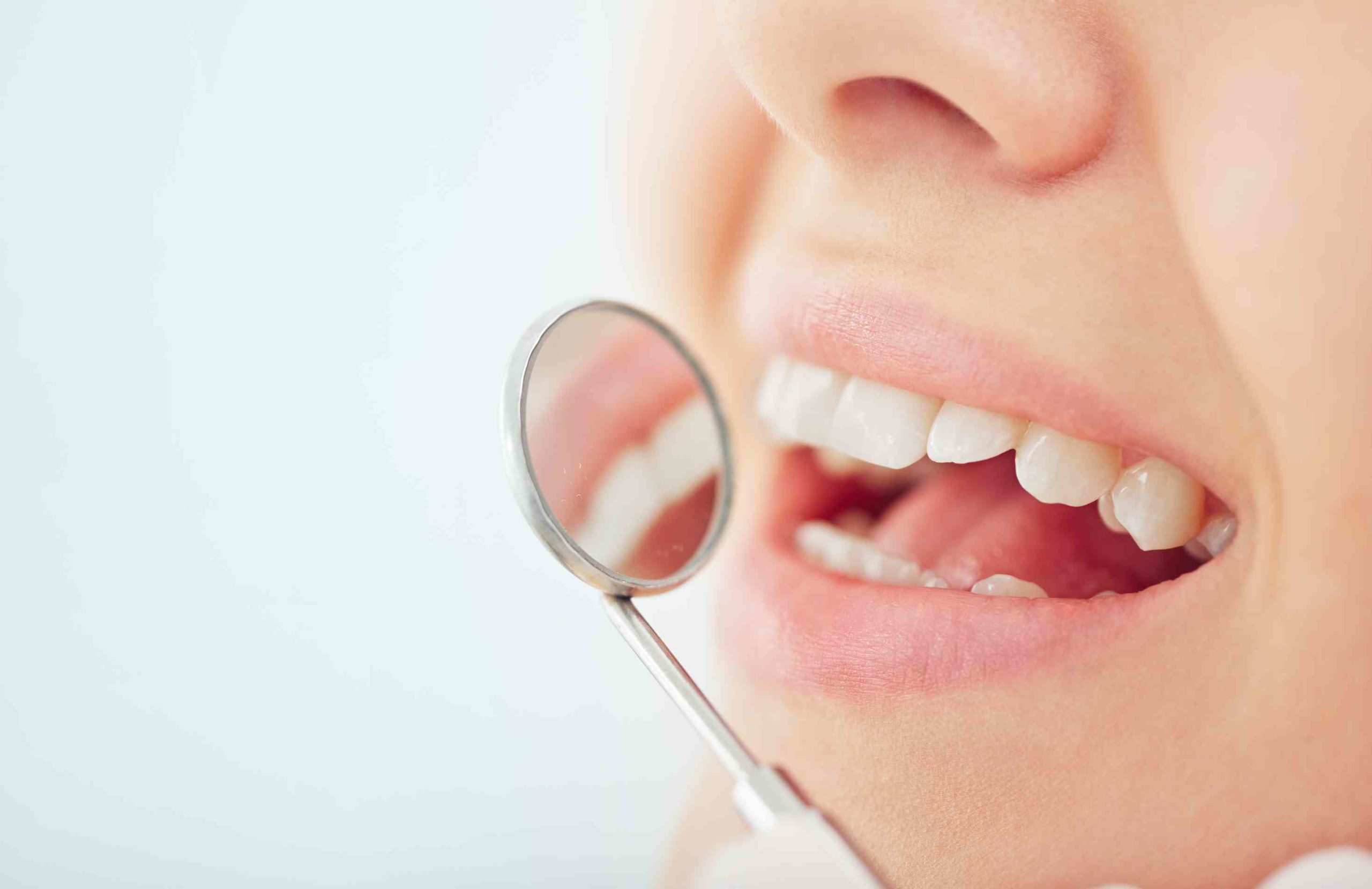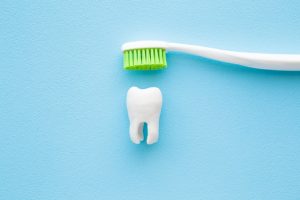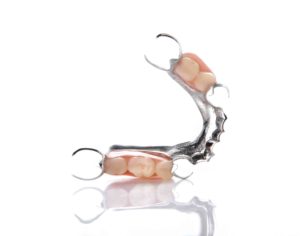What Is Dental Care?
Dental care is the attention you impart to your oral cavity. It includes your teeth, the gums, the surrounding tissues, and the mouth. The aim is to prevent any issues like tooth decay and gum disease from arising. It helps in maintaining your oral well-being.
Why Is Dental Health Important?

A mouth that is free of infection, injury, and other issues with gums and teeth is healthy. Although it might seem like it isn’t a big deal, your oral health is linked with your overall general health.
While disease and other conditions affect your dental health, the reverse is also true. Some diseases are caused by issues with your oral health. And failure to levy important to your dental care may lead to other, more severe issues with not just your oral health but also your general health.
Conditions That Affect Your Oral Health

Multiple diseases are affecting general health that also impacts a person’s oral health. Some of them are –
Diabetes
Diabetes reduces the body’s ability to properly resist infection, putting the gums at risk. Gum disease is a common issue among individuals with diabetes and might require urgent dental care.
Osteoporosis
Osteoporosis is a disease linked with the weakening of the bone, thereby causing periodontal bone loss and eventual tooth loss. Certain medications used to treat this disease also carry a small risk of affecting the jaw bone.
HIV/AIDS
One of the symptoms of HIV/AIDS is painful mucosal lesions in the oral cavity.
Many other diseases like Alzheimer’s, Rheumatoid Arthritis, Cancer, Sjogren’s (auto-immune disorder), etc. distress oral health.
Furthermore, medications like decongestants, painkillers, antihistamines, diuretics, anti-depressants, etc. reduce the flow of saliva. Saliva is responsible for washing away food and neutralizing the acids produced by the oral bacteria. The reduction is a cause for microbial multiplication and subsequent disease.
Oral Conditions Affecting General Health

Not being careful about dental care can contribute to various conditions and diseases. Some of the conditions linked with oral health are –
Endocarditis
Bacteria and other germs from your body and mouth can spread through the bloodstream and attach to areas in the heart. This leads to infection of the endocardium (inner lining of heart valves or chambers).
Pneumonia
Similar to endocarditis, bacteria can also travel to the lungs, causing respiratory diseases like pneumonia.
Cardiovascular Disease
Certain research indicates that the inflammation and infection caused by oral bacteria might be linked with clogged arteries, heart disease, and stroke.
Issues With Pregnancies
Periodontitis (progressed gum disease) has been linked to low birth weight and premature birth.
What Is Some Practical Dental Care Advice?
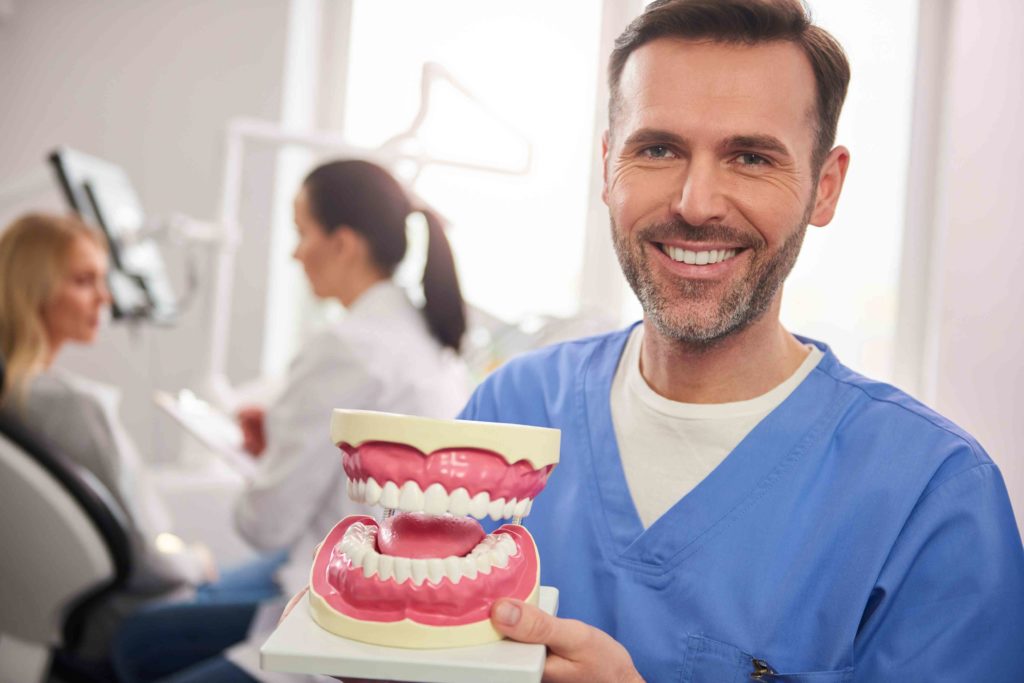
Now that we’ve talked about why dental care is important, let us talk about how you’re supposed to undertake said care.
Experts around the world believe that issues with oral health are a global burden. Without proper dental care, gum disease and tooth decay lead to pain, discomfort, struggles with self-esteem, and tooth loss. This, in turn, progresses to malnutrition, speech issues, and struggles in a person’s personal and professional life.
Follow the advice mentioned below to care for your oral health and prevent issues from arising.
Brush regularly
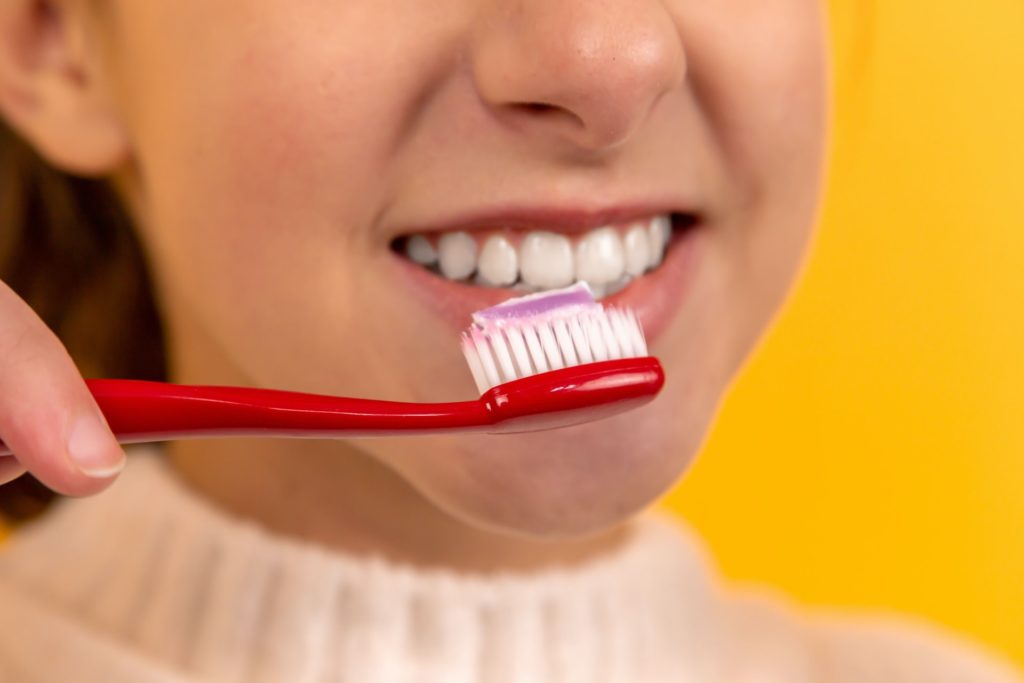
If you’ve ever visited a dentist, they’ve probably asked you to brush twice every day. However, brushing properly is the way to intercept dental issues.
Brush in small circular motions and pay attention to all the surfaces – front, back, and top of all the teeth. Avoid brushing back and forth. The entire process takes 2 to 3 minutes.
The American Dental Association (ADA) advises using a toothbrush with soft bristles. Additionally, they also state that toothbrushes should be changed every 3 months or when the ends start to fray, whichever occurs first.
Furthermore, be gentle with your brushing. Aggressive brushing damages the enamel and the gums. This leads to sensitivity, permanent enamel damage, and gum erosion.
Floss once a day
Flossing removes accumulated bacteria and plaque from between the teeth. It also prevents bad breath by removing the food debris that lies between teeth.
Dental professionals recommend that you gently push the floss all the way down to the gum line. Proceed to hug the side of the tooth with up-and-down motions. It is imperative that you not snap the floss up and down between the teeth as this can cause pain and won’t remove plaque effectively.
Fluoride use
Experts believe fluoride helps prevent tooth decay and cavities. It is a common ingredient that you’ll find in toothpaste and mouthwash.
A recent study concluded that simply brushing and flossing does not prevent cavities, especially if the person isn’t using fluoride.
Many communities in the US have enriched their water supply with fluorine. The World Health Organization, the Centers for Disease Control and Prevention, and the ADA recommend this practice.
Regular visits to the dentist
Seeing your dentist every 6 months is crucial in maintaining oral health. Routine examinations involve examining the hard and soft tissues of your mouth – cavities, gum disease, infections, mouth cancer, etc. Regular cleaning of the teeth helps to get rid of plaque and calculus (hardened tartar).
The number of times a person must visit their dentists depends on their health, age, history, and overall dental health. However, should you notice any obvious changes in your dental appearance, visit your dentist stat.
Maintain your diet
Limit sugars and starches in your diet to prevent tooth decay. Swap out sugary drinks with water, eat plenty of fruits and vegetables rich in fiber, and have dairy without sugar.
What Is The Standard Of Dental Care In The US?
According to the Journal of the American Dental Association, dentists should continuously strive to improve patient care. Dentists must competently provide reasonable dental care to practice within the set standard.
At River’s Bend Family, we strive to meet these standards with every treatment we provide. Our team is skilled at taking care of our patients before, during, and after their appointment. To schedule an appointment with our expert dental professionals, give our establishment a ring at (763) 576-1855.

